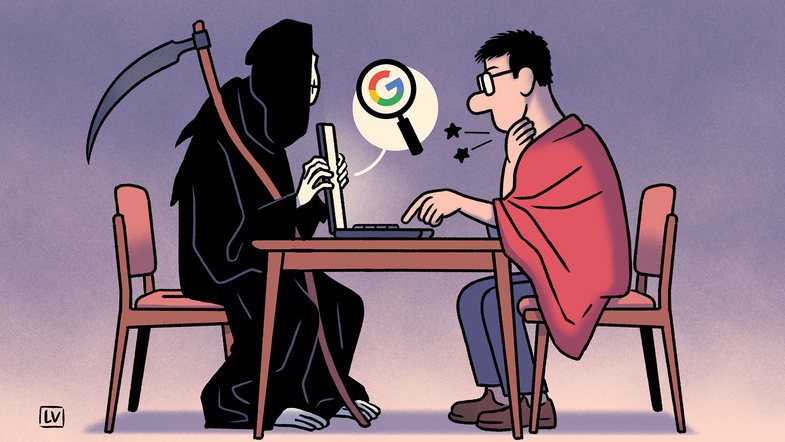
Dr.Google is not the main source for Albanians to get answers to health questions. According to Eurostat data (via Monitor.al ), 33% of Albanians aged 16-74 used the Internet to search Google for information related to health issues in 2020.
Monitor.al reports that compared to other European countries, Albania and some other countries in the region, such as Bosnia, Romania and Bulgaria, had low percentages of online health searches.
One in two EU nationals (55%) aged 16-74 reported having searched for health information online about various injuries, illnesses, food, improving health and other information related to health care . In 2020, the highest percentage was recorded in Finland, where 77% of people aged 16-74 searched the internet for health-related topics in the last three months before the survey, followed by the Netherlands (76%), Denmark (72%)) and Germany (70%).
The lowest interest was in Romania with (28%), Bulgaria (29%), Italy (35%; 2019 data) Albania with 33%.
Health experts constantly point out that the answers on Google are not correct and become a reason to avoid visiting the doctor. In a previous article on Anabel.al we addressed cyberchondria, which is the unfounded escalation of concerns about common symptoms referring to internet search results. With the spread of the internet and free information, which are just a click away from us, the number of cases of people experiencing cyberchondria has increased. In other words, it is an anxiety that has its genesis in Google searches.
Various studies have shown that a good portion of people experience anxiety when searching for information about certain symptoms on Google. Just look for the "causes of headaches" (which can be simply the lack of coffee) and come across a lot of information that says "you may have cancer or other serious diseases." There are times when these people refuse medical treatments from specialists, because of the information they read online. For more information about cyberchondria, click here .





